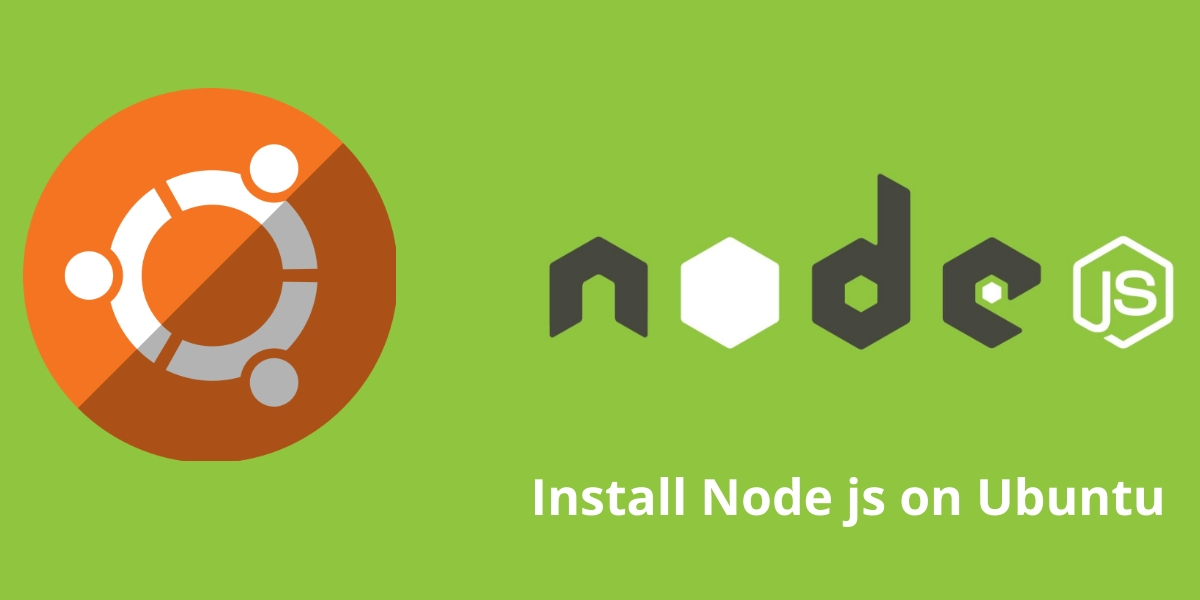Ubuntu, a name derived from a Nguni Bantu term meaning "humanity towards others," perfectly encapsulates the spirit of this popular Linux distribution. Known for its user-friendliness, stability, and strong community support, Ubuntu has become a gateway for countless individuals into the world of open-source software. This blog post delves into the intricacies of Ubuntu, exploring its history, key features, various flavors, and why it remains a top choice for both novice and experienced users. Learn the difference between ubuntu vs centos in our detailed blog.
A Brief History and Philosophy
Mark Shuttleworth and Canonical Ltd. launched Ubuntu in 2004, aiming to create a free and easy-to-use operating system based on Debian GNU/Linux. The project quickly gained traction due to its focus on usability, regular releases, and commitment to open-source principles. Ubuntu's philosophy revolves around providing a complete desktop experience out of the box, with pre-installed applications for common tasks like web browsing, office productivity, and media playback.
Key Features that Define Ubuntu
- User-Friendly Interface: Ubuntu's default desktop environment, GNOME, offers a clean and intuitive interface. The Activities Overview provides easy access to applications, workspaces, and system settings. This makes it simple for new users to navigate and perform tasks without a steep learning curve.
- Software Center: The Ubuntu Software Center provides a centralized hub for discovering and installing applications. Users can browse through categories, search for specific software, and read reviews before installing. This simplifies software management significantly.
- Regular Releases: Ubuntu follows a predictable release cycle, with new versions published every six months (April and October). Long Term Support (LTS) releases, published every two years, receive five years of security updates and support, making them ideal for stable production environments.
- Strong Community Support: Ubuntu boasts a large and active community. Online forums, mailing lists, and IRC channels provide ample resources for users seeking help or wanting to contribute to the project. This supportive environment ensures that users can find solutions to most issues quickly.
- Security: Built on the robust Linux kernel, Ubuntu inherits its strong security features. Regular security updates and a focus on minimizing vulnerabilities ensure a secure computing experience.
- Hardware Compatibility: Ubuntu supports a wide range of hardware, from laptops and desktops to servers and embedded systems. This broad compatibility makes it a versatile choice for various use cases.
- Customization: While providing a polished default experience, Ubuntu also offers extensive customization options. Users can personalize the desktop environment, install different themes and icons, and configure various system settings to suit their preferences.
- Free and Open Source: Ubuntu is completely free to download, use, and distribute. Its open-source nature promotes transparency, collaboration, and community involvement.
Exploring the Ubuntu Flavors
While the standard Ubuntu desktop with GNOME is the most popular, several official flavors cater to different needs and preferences:
- Kubuntu: Uses the KDE Plasma desktop environment, known for its highly customizable interface and rich features.
- Lubuntu: Employs the LXQt desktop environment, designed for lightweight performance on older or resource-constrained hardware.
- Xubuntu: Utilizes the XFCE desktop environment, offering a balance of performance, stability, and a traditional desktop experience.
- Ubuntu MATE: Features the MATE desktop environment, a continuation of GNOME 2, providing a familiar interface for users migrating from older systems.
- Ubuntu Budgie: Uses the Budgie desktop environment, known for its modern and elegant design.
- Ubuntu Studio: Geared towards creative professionals, offering a suite of multimedia production tools for audio, video, and graphic design.
Why Choose Ubuntu?
Ubuntu offers a compelling combination of features that make it an excellent choice for a wide range of users:
- Beginners: Its user-friendly interface, comprehensive documentation, and strong community support make it an ideal entry point into the world of Linux.
- Developers: Ubuntu provides a robust development environment with access to a vast array of tools and libraries.
- System Administrators: Its stability, security, and server-oriented flavors make it a popular choice for deploying and managing servers.
- Home Users: Its ease of use, pre-installed applications, and multimedia support make it a great choice for everyday computing tasks.
Getting Started with Ubuntu
Installing Ubuntu is a straightforward process. Users can download the ISO image from the official website, create a bootable USB drive or DVD, and follow the on-screen instructions. The installation process typically involves partitioning the hard drive, selecting a username and password, and configuring basic system settings. Learn how to install nodejs on ubuntu in our blog.
Conclusion
Ubuntu has played a pivotal role in popularizing Linux on the desktop. Its focus on usability, regular releases, and strong community support has made it a leading operating system for millions of users worldwide. Whether you're a beginner exploring the world of open source or an experienced user seeking a stable and versatile platform, Ubuntu offers a compelling and rewarding computing experience. Its various flavors cater to diverse needs, ensuring that there's an Ubuntu distribution for everyone. As the open-source landscape continues to evolve, Ubuntu remains a cornerstone, embodying the spirit of collaboration, innovation, and "humanity towards others."






Comments